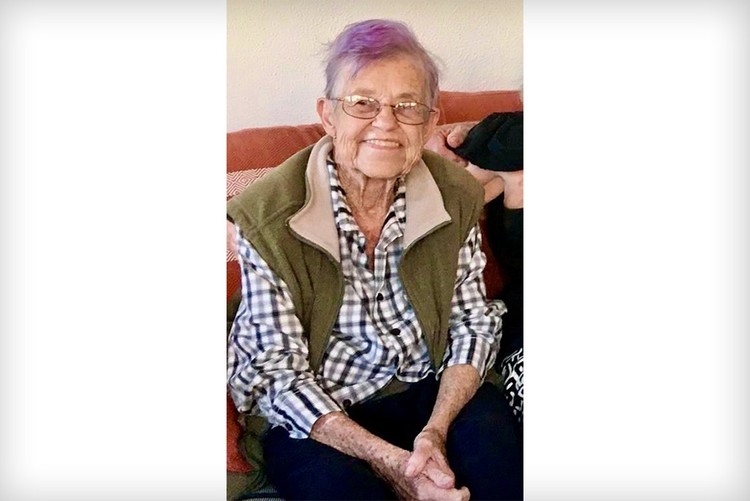Barbara Bell fought all her life for South Africa’s children
Outspoken activist died last week aged 86
Barbara Bell, outspoken campaigner for early childhood care and education, has died, aged 86. Photo supplied.
Barbara Bell (1939 – 2025) has left us, but her legacy as a campaigner for early childhood care and education will live on. She died in her sleep in the early hours of 28 June after a debilitating illness, yet only months earlier, managed to speak at the launch of the book, Children — Our future, produced by herself and lifelong partner, Terry Bell.
A critical view of the struggle for early childhood care and education, the book was her special project in a lifetime of promoting ideas that served humanity. It took more than 15 years to reach fruition as she laboured as a researcher to help Terry produce weekly labour and economic columns, other books and campaigning pamphlets. Among the books is the autobiographical A Hat, a Kayak and Dreams of Dar and the “hidden history” expose, Fordsburg Fighter.
Fordsburg Fighter, the story of an umKhonto we Sizwe volunteer, was in the mould of the internationally published Unfinished Business, South Africa, Apartheid and Truth which carries both my name and that of Terry (known also as Ntsimbi — a bell, making noise). Barbara was the chief researcher, organiser, defender and effective backbone of that enterprise. It was then that she acquired the nickname, Barbed Wire, representing the feisty defence and protection of her convictions, and of Terry.
An outspoken socialist and educator, she trained and worked as a preschool (nursery) teacher and supervisor in Johannesburg and Britain, and as an early-years teacher in an experimental primary school in New Zealand, where the ANC had asked her and Terry to help build an anti-apartheid movement.
After nine years, she and Terry and, by then, two children, left for Tanzania to establish the primary division of the ANC school for exile children, the Solomon Mahlangu Freedom College.
Her progressive ideas, which I am sure, will continue to inspire education activists, are evident in the ANC’s first primary school curriculum written by her and Terry and adopted at a national education conference in 1980. These ideas, especially the ban on corporal punishment, while hailed by donors, were not supported by other teachers. A clash was inevitable. By 1982, the Bell family was sent, effectively, into exile in London where Barbara became a supervisor of a south London preschool.
With the release of Nelson Mandela and the lifting of bans on activists, the Bells returned to South Africa and another 35 years in Cape Town of political and social activism.
Aware that there was a largely ignored and rich history of the battle for early childhood care and education in South Africa, Barbara felt it should be researched, written about, and debated. She collected material, wrote letters, researched in libraries and, finally, persuaded Terry to make it a priority to write “that book”.
This month in Cala in the Eastern Cape, an early years education seminar is planned, based around Children — our Future and dedicated to Barbara Bell and the ideas of Barbed Wire. She has departed, but her legacy will remain.
Support independent journalism
Donate using Payfast

Don't miss out on the latest news
We respect your privacy, and promise we won't spam you.
Next: Mbenenge inquiry: Tribunal rejects “hearsay” statements about secretary’s life
Previous: Hundreds march in Pretoria in protest over blocked IDs
© 2025 GroundUp. This article is licensed under a Creative Commons Attribution-NoDerivatives 4.0 International License.
You may republish this article, so long as you credit the authors and GroundUp, and do not change the text. Please include a link back to the original article.
We put an invisible pixel in the article so that we can count traffic to republishers. All analytics tools are solely on our servers. We do not give our logs to any third party. Logs are deleted after two weeks. We do not use any IP address identifying information except to count regional traffic. We are solely interested in counting hits, not tracking users. If you republish, please do not delete the invisible pixel.

